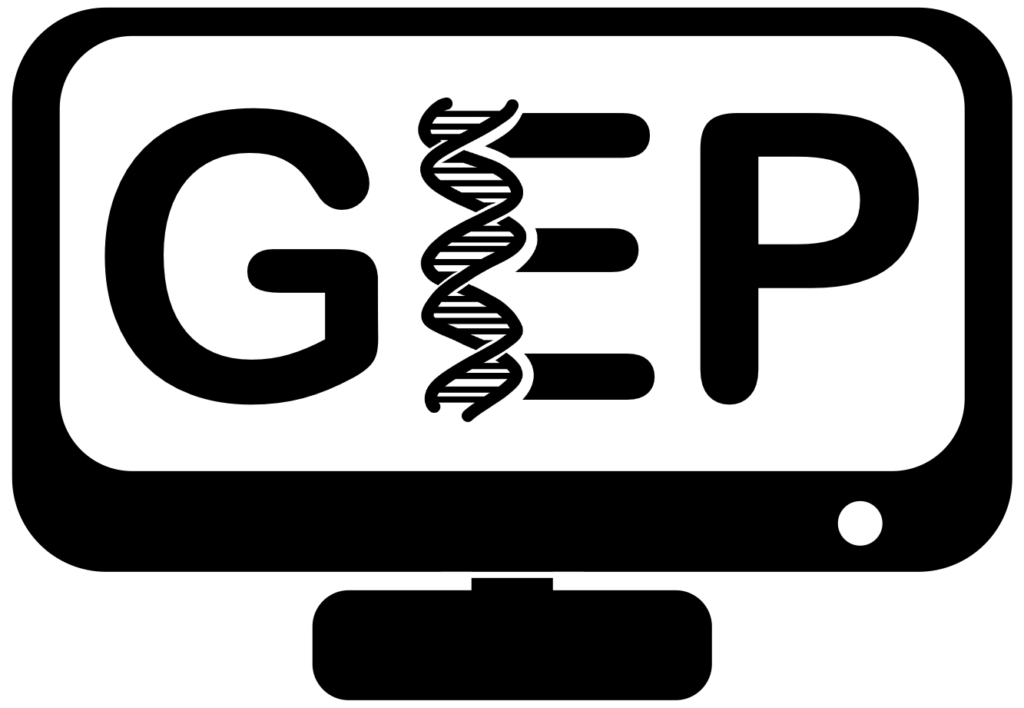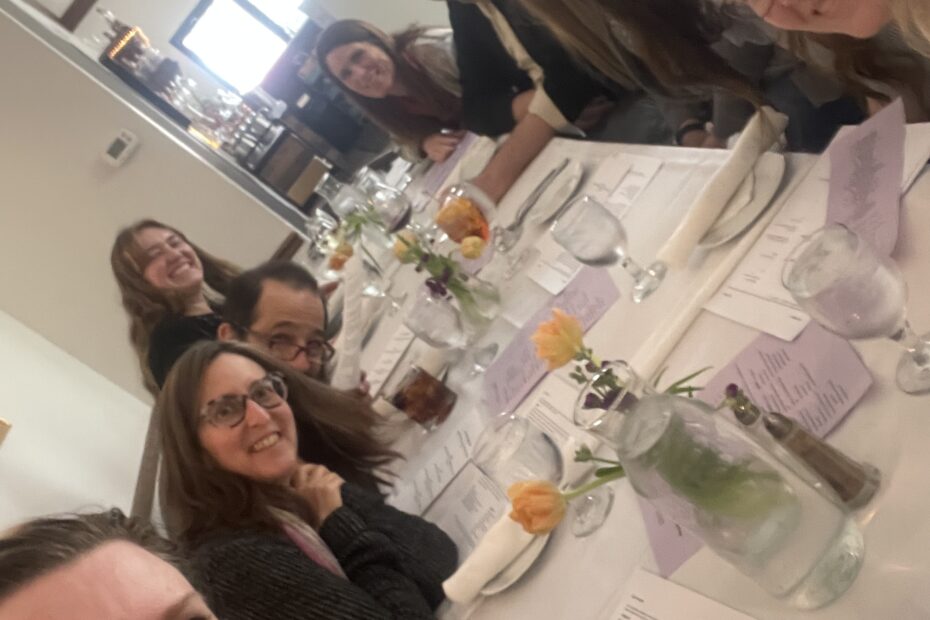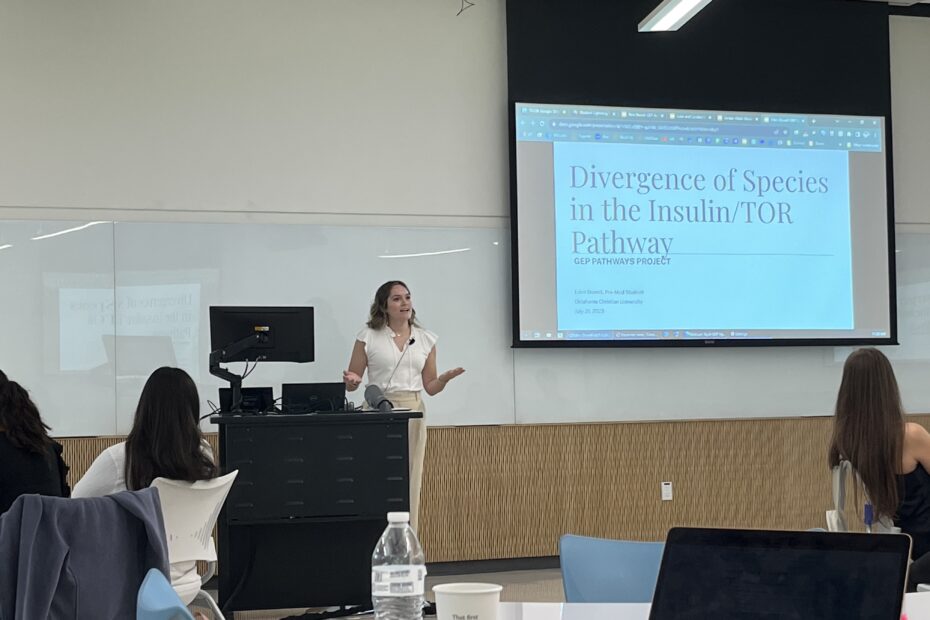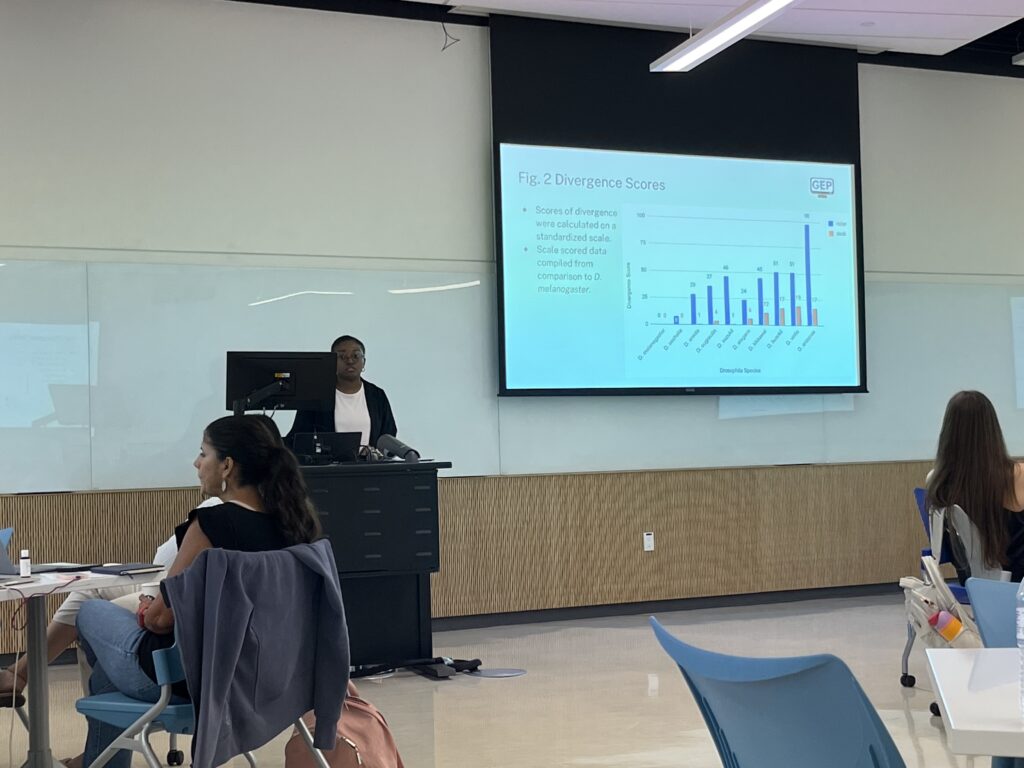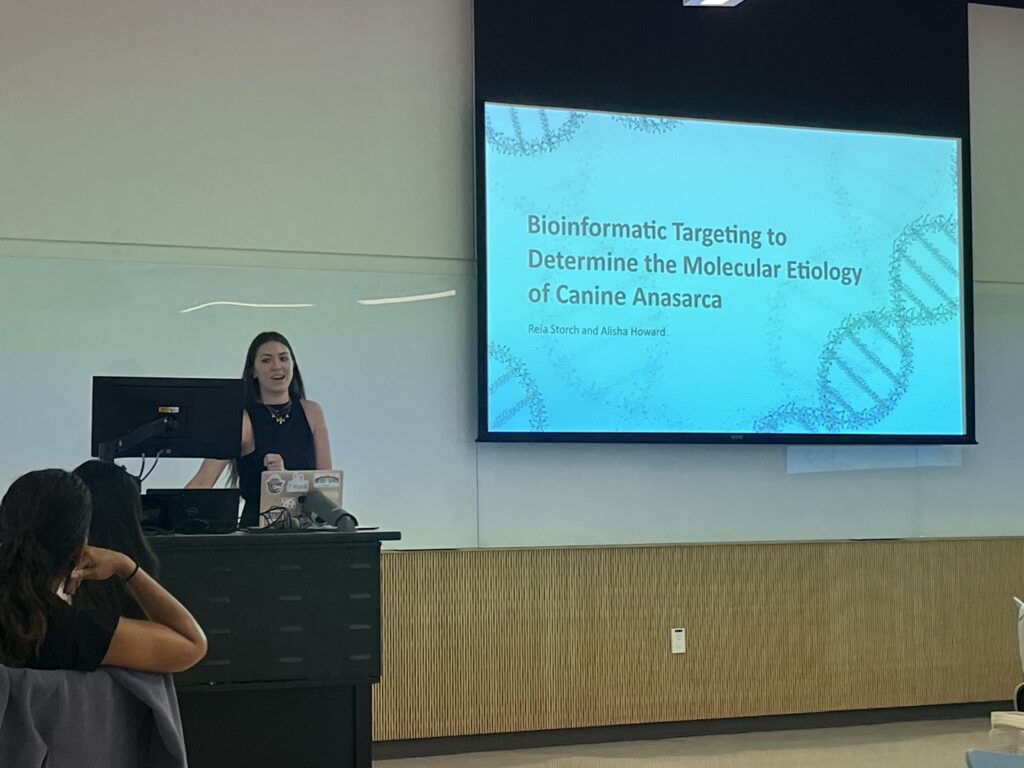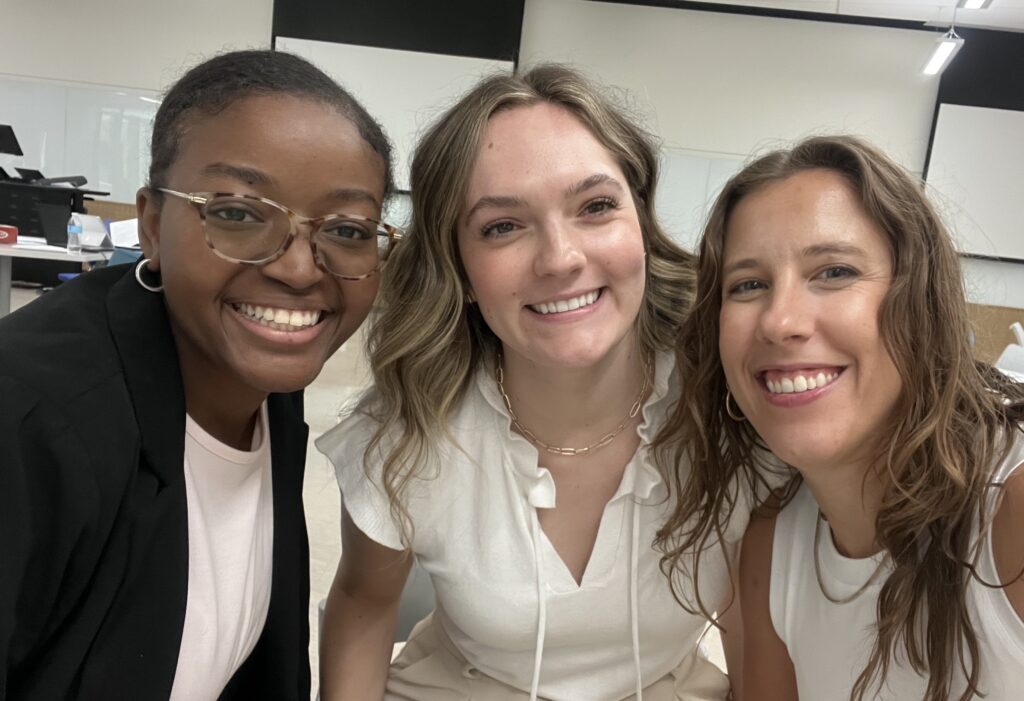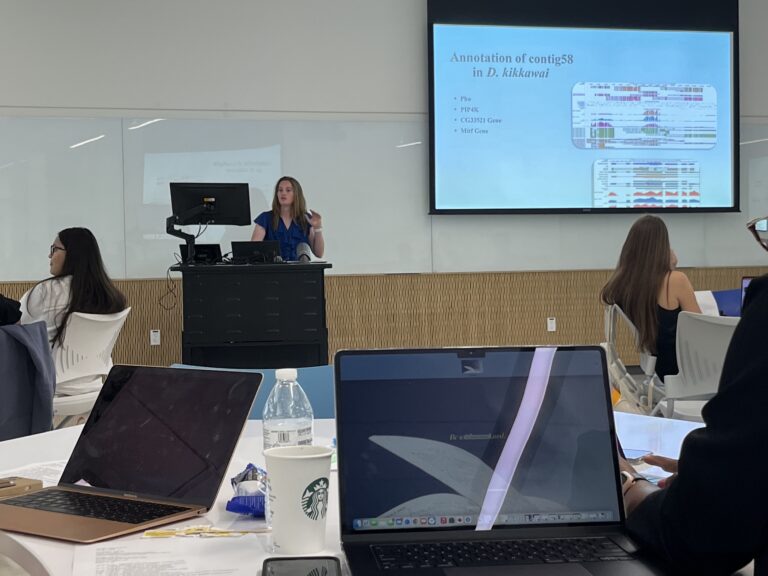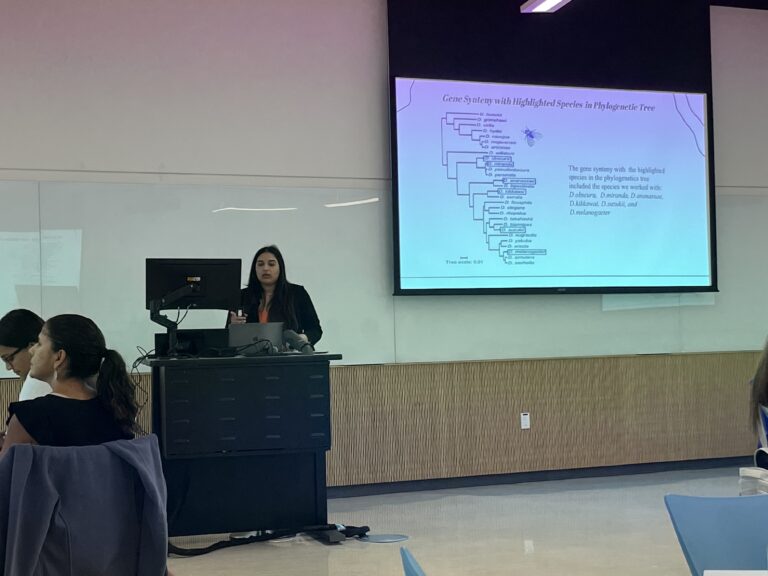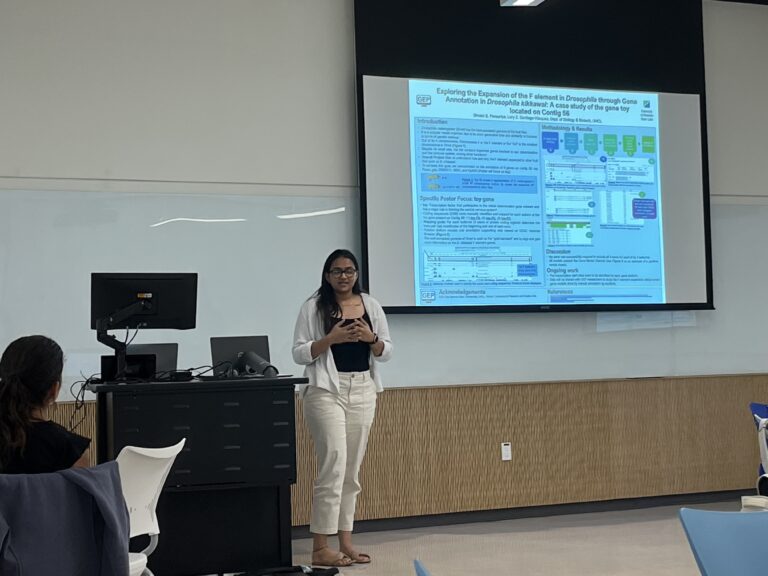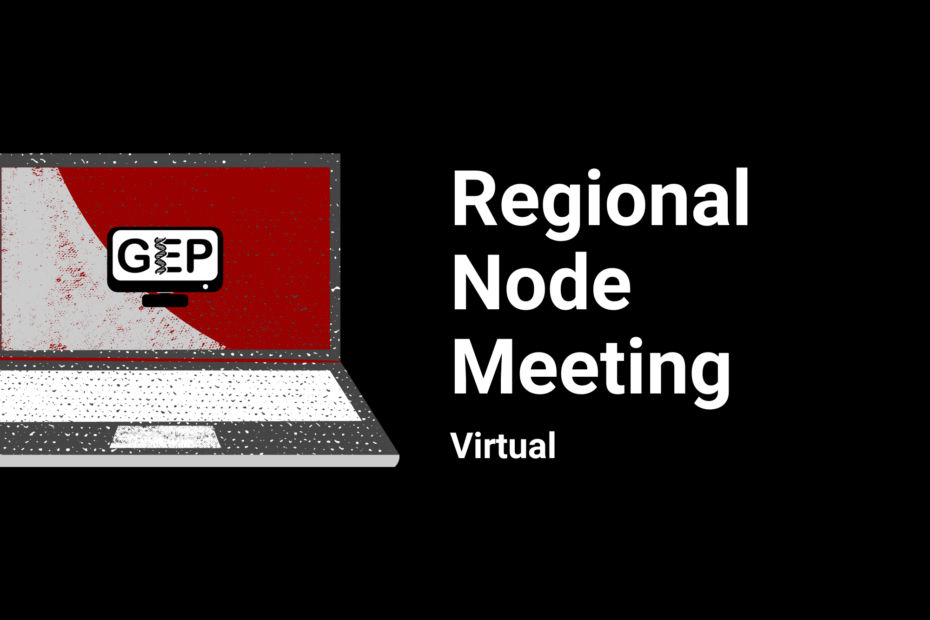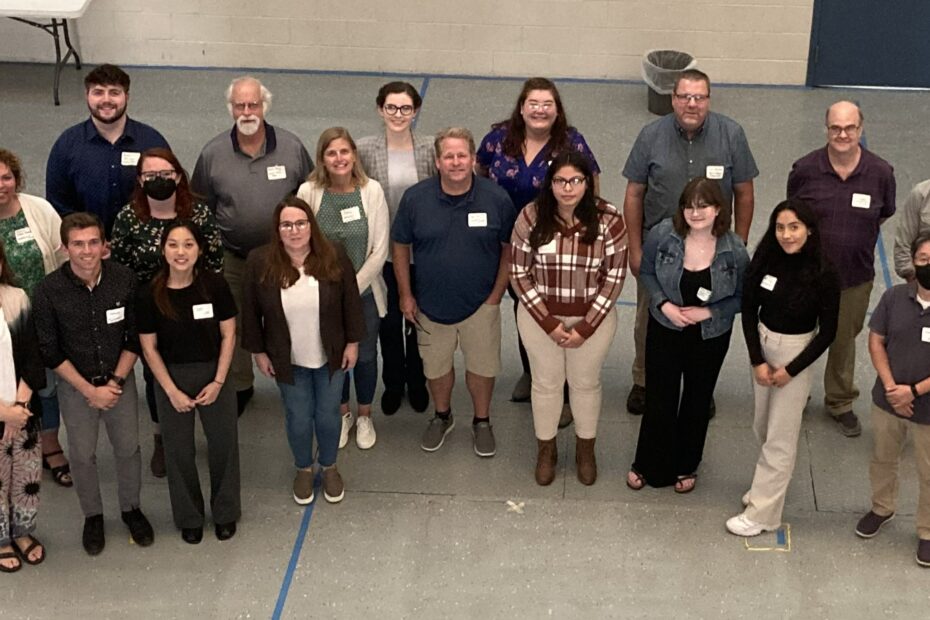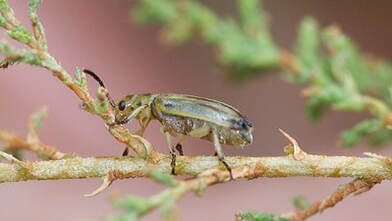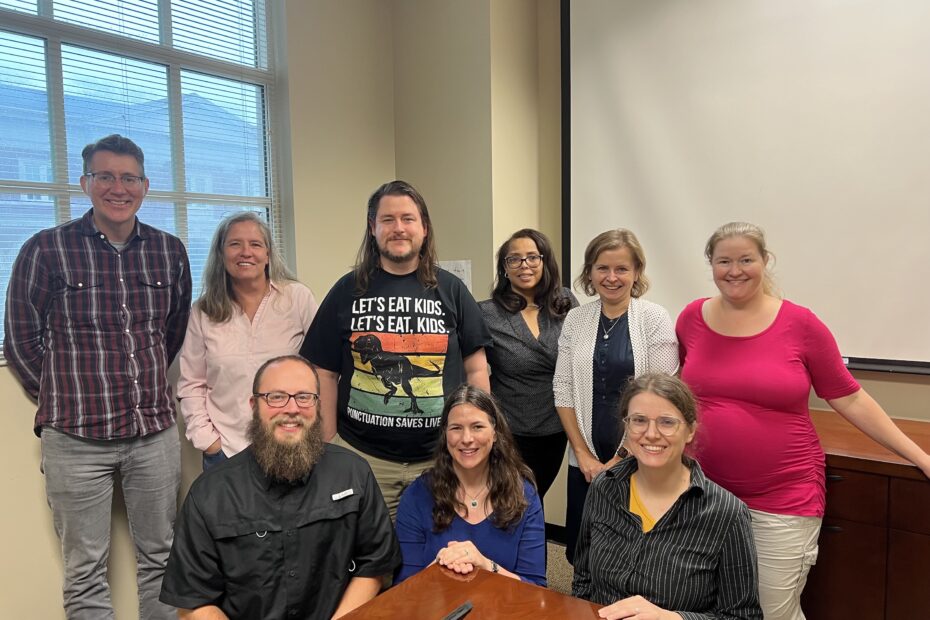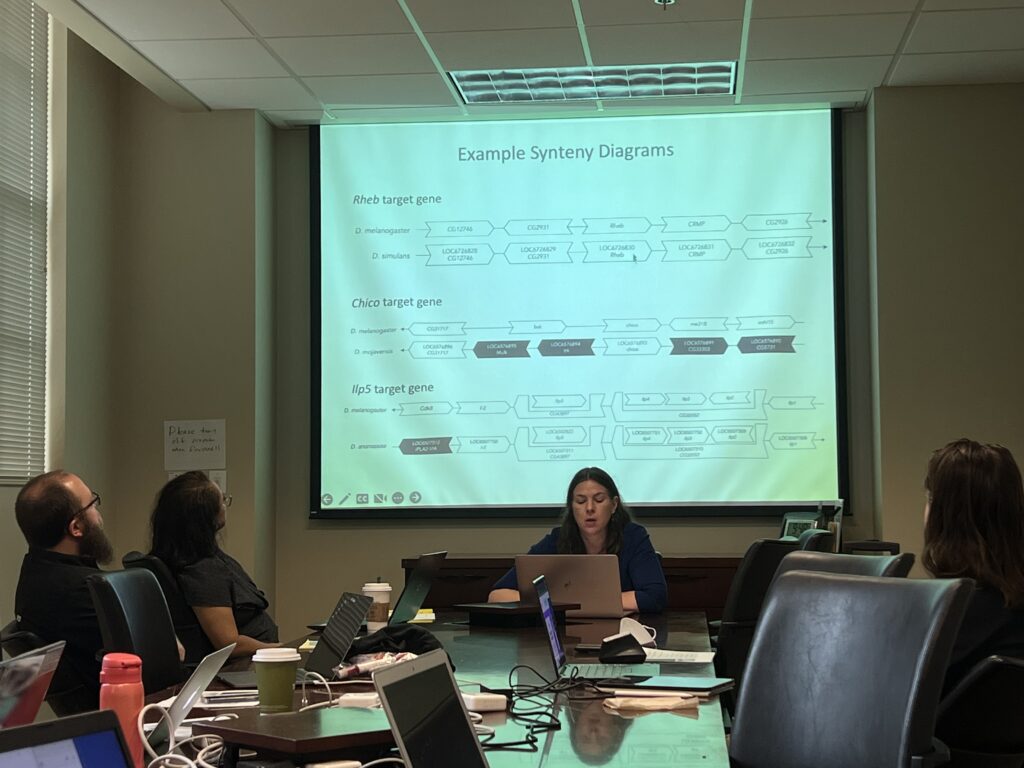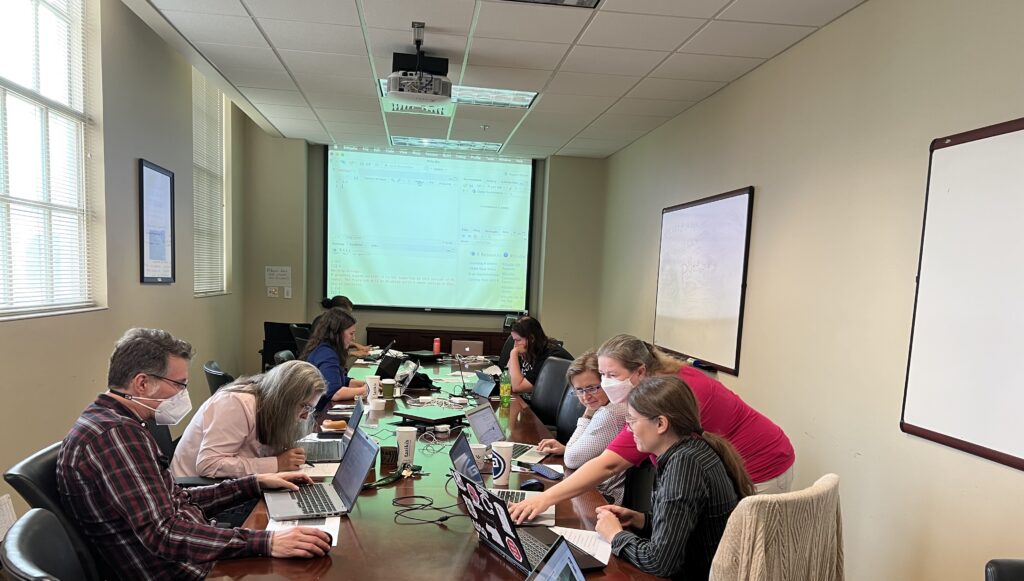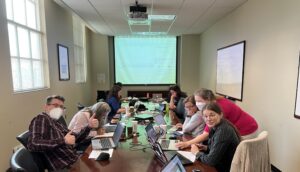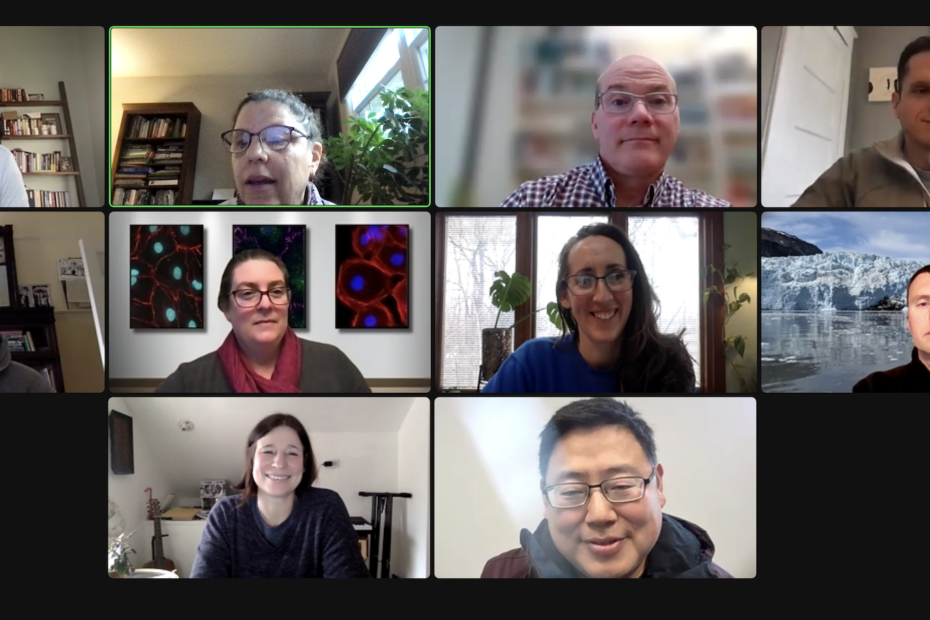MN/IA/Dakotas Regional Node Meeting – April 21, 2023
The Minnesota, Iowa, and Dakotas Regional Node held the GEP’s first, and largest, NIH-funded Regional Node Genomics Research Symposium in Saint Paul, MN, at Saint Catherine University, on April 21st, 2023. This was completely an in person event. The meeting was organized by Dr. Kellie Agrimson with support from Dr. Paula Croonquist and Dr. Andy Arsham.
The 80 attendees included 20 faculty, 1 postdoc, 1 postbac, 1 graduate student and 55 undergraduates from 10 institutions (Anoka Ramsey Community College, Bemidji State University, Crown College, Macalester College, Minneapolis Community and Technical College, Normandale Community College, North Hennepin Community College, Saint Catherine University, University of Minnesota, and Wartburg College).
The Genomics Research Symposium Included:
“Adapting GEP Tools to Study Gene Family Evolution Across Insecta” guest speaker: Dr. Andy Arsham, Assistant Professor of Biology, Bemidji State University
Student Workshop - Research Experience Search
“Genomics of a Partnership: Exploring the Lichen Symbiosis” guest speaker: Dr. Tami McDonald, Associate Professor of Biology, Saint Catherine University
“Searching for a Genetic Basis to Feeding & Sleeping Behaviors in Cavefish” guest speaker: Dr. Emilie Richards, NIH IRACDA Postdoctoral Fellow, University of Minnesota
Student Poster Presentations
“Computational Techniques and Tools to Improve Genetic Testing in the Clinic” guest speaker: Dr. Getiria Onsongo, Assistant Professor of Computer Science, Macalester College
Student Workshop – CV Design
“Transcriptional Regulation by the Polycomb Repressive Complex 1.1 in Placental Development” guest speaker: Dr. Micah Gearhart, Research Assistant Professor, University of Minnesota
What worked well for your event that might help others plan similar events?
Having short (20-30 min) research talks throughout the day seemed to be a highlight.
